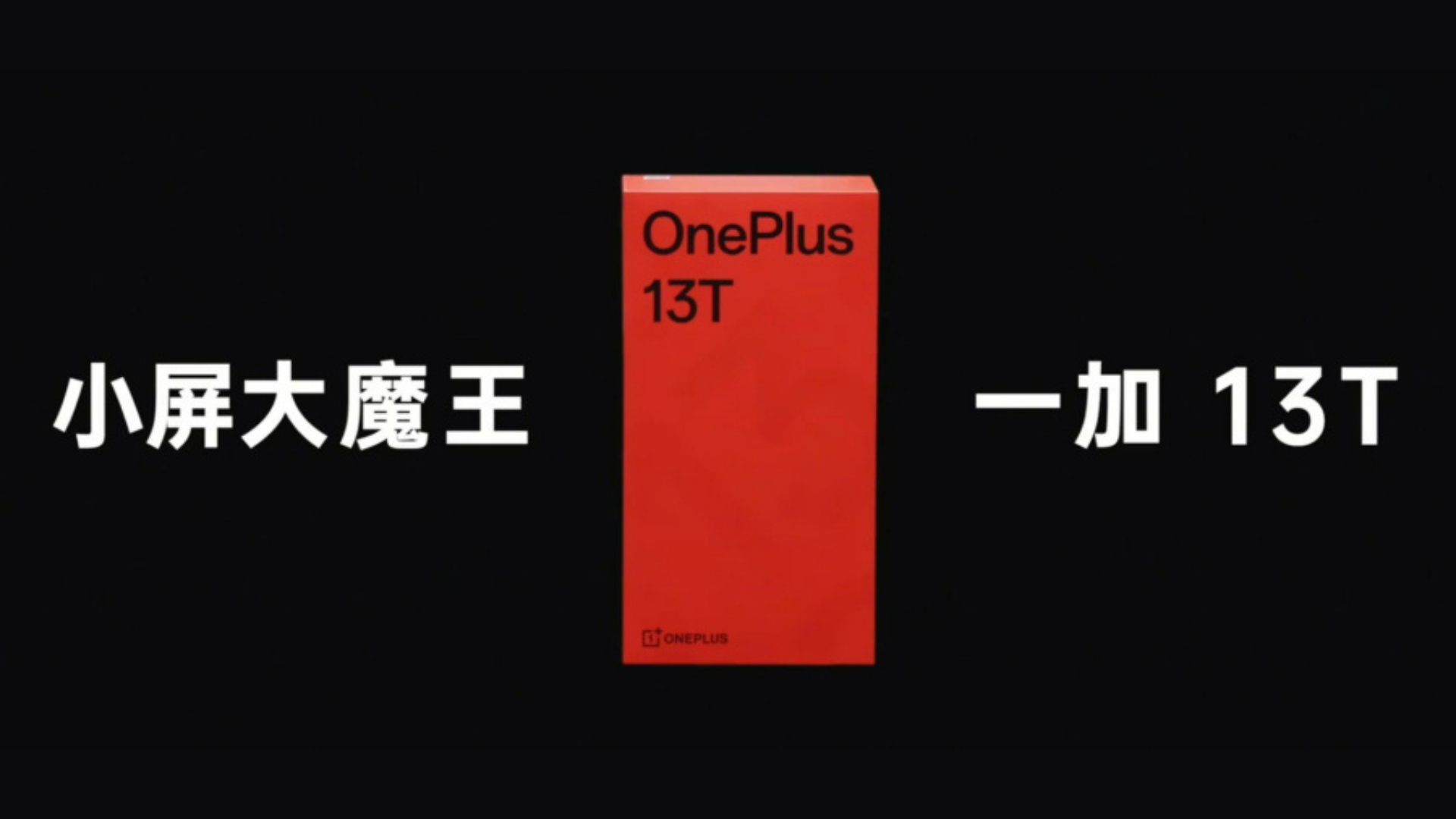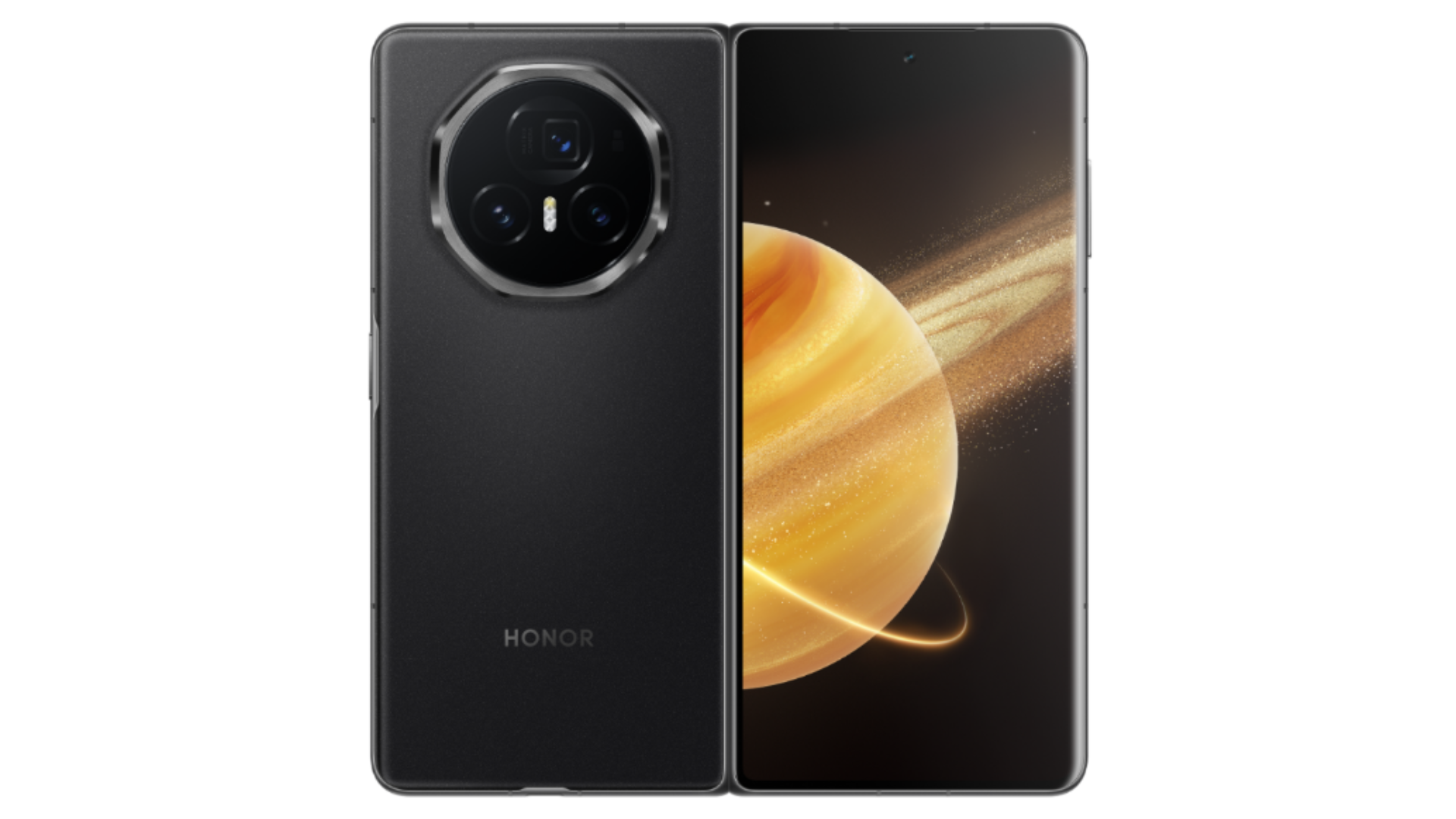Xiaomi’s upcoming MIUI 15 is generating excitement among smartphone enthusiasts as it is speculated to embrace complete 64-bit compatibility. This move would set MIUI 15 apart from its 32-bit supporting predecessors and could potentially lead to incompatibility with older devices once MIUI 16 is introduced. As MIUI 16 may be tailored exclusively for current high-end devices, older devices might receive an intermediate update akin to MIUI 15.5. Interestingly, Google is also at the forefront of this transition, already utilizing 64-bit operating systems on its current devices.
The shift towards complete 64-bit compatibility in MIUI 15 signifies Xiaomi’s pursuit of a more powerful and advanced operating system. By making the transition to 64-bit architecture, MIUI 15 is expected to offer users enhanced performance, better memory management, and improved utilization of hardware capabilities. However, it also raises questions about compatibility with older devices once MIUI 16 is introduced, as the next iteration might be exclusively tailored for devices that support 64-bit architecture.
Update support may be discontinued for older devices without receiving MIUI 16 update
MIUI 16’s potential incompatibility with older devices could result in Xiaomi releasing an intermediate update, similar to MIUI 15.5, specifically designed for older devices. This intermediate update would provide a bridge between MIUI 15 and MIUI 16, ensuring that users of older devices still receive the latest features and improvements, albeit in a more tailored manner.
Notably, Google has already taken significant strides towards the 64-bit transition with its Pixel devices. Current models like Pixel 7 and newer are already utilizing 64-bit operating systems, further highlighting the industry’s move towards more advanced architecture. This shift is a testament to Google’s commitment to optimizing performance and security on its devices.
No support for old 32-bit apps
By embracing 64-bit architecture, Google seeks to leverage several advantages, including improved performance, enhanced security, and better memory utilization. However, this change also means that devices like Pixel 7 and newer is no longer support 32-bit apps, leading to a more streamlined and efficient user experience.
As both Xiaomi and Google embrace 64-bit technology, the industry seems to be moving towards a future dominated by more powerful and capable operating systems. The shift to 64-bit compatibility reflects the rapid advancement in smartphone technology and the demand for more efficient and secure systems.
While Xiaomi has yet to officially confirm the full details of MIUI 15’s compatibility or the potential release of MIUI 15.5, the adoption of 64-bit technology by Google signifies their commitment to staying at the forefront of mobile innovation.
In conclusion, the transition towards complete 64-bit compatibility in MIUI 15 showcases the industry’s drive to adopt more advanced architecture for enhanced performance and security. As technology continues to evolve, users can look forward to a more seamless and future-proofed mobile experience, ensuring that their devices remain relevant and capable in an ever-changing digital landscape.





